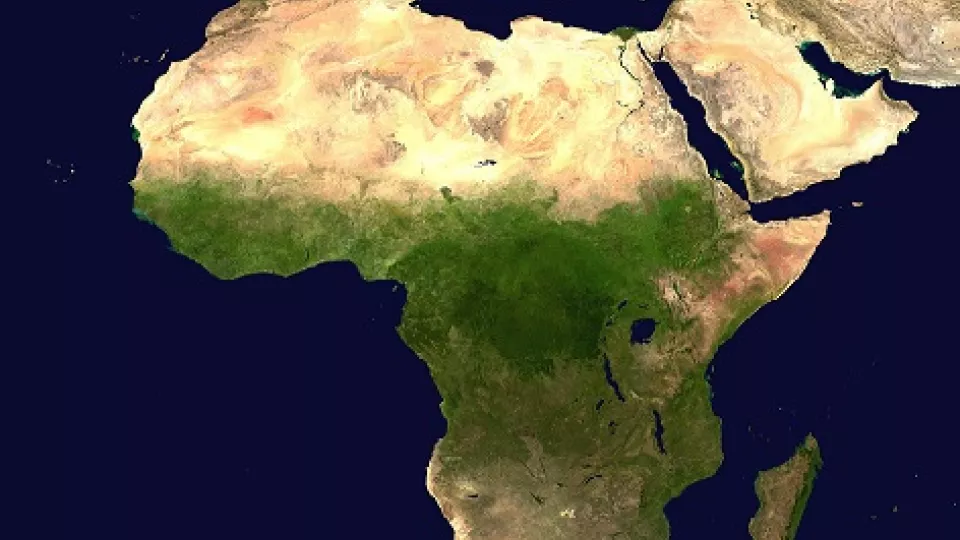The network project is directly related to the LUCSUS project DICE, Recasting the Disproportionate Impacts of Climate Change Extremes, led by LUCSUS Director Emily Boyd.
The aim of the Africa network on loss and damage is to bring together Swedish expertise on loss and damage with advanced African research on climate change impacts and policy solutions to mutually strengthen the international knowledge base and African scholarship in the field of loss and damage.
– Today, there are knowledge and research gaps in how loss and damage from climate change impact African nations. There is a lack in both Africa focus, and contributions to the field from African researchers. We need knowledge on when, where and how potential losses and damages may be experienced in African countries, and use this knowledge to feed into national and international policy negotiations to help avoid, or compensate for, loss and damage that does occur, says Chad Boda, researcher at Lund University Centre for Sustainability Studies.
– This network is a start to rectify these knowledge gaps, and to build collaborative relationships between researchers in Sweden, Mozambique, Malawi and Zimbabwe among others.
The project is funded by Swedish funding organisation Vetenskapsrådet and will run from 20-01-01 – 2021-12-31. It has the potential to directly contribute to numerous SDGs, in particular No Poverty (SDG 1), Gender Equality (SDG 5), Reduced Inequality (SDG 10), Climate Action (SDG 13).
